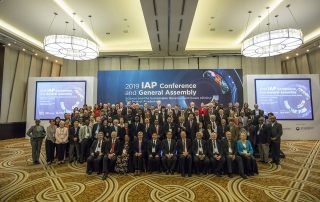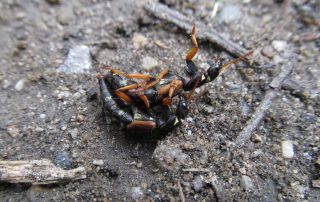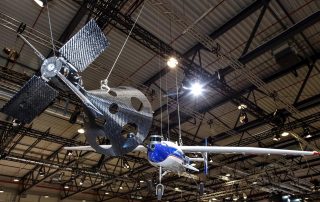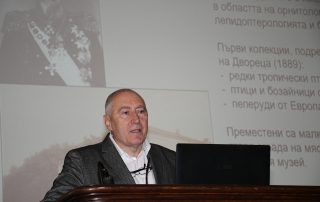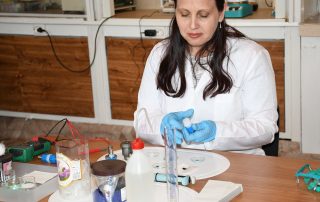The President of the Bulgarian Academy of Sciences Prof. Julian Revalski participated in the InterAcademy Partnership (IAP) triennial General Assembly
The President of the Bulgarian Academy of Sciences Prof. Julian Revalski participated in the InterAcademy Partnership (IAP) triennial General Assembly in Songdo, Korea, on 11 April 2019. The meeting, hosted by the Korean Academy of Science and Technology (KAST), brought together over 100 representatives of science academies from 54 countries as well as the four IAP regional networks and the Global Young Academy. Projects of IAP were presented and the IAP Strategic and Implementation Plan 2019-2021 was voted. There were elections for the IAP for Science and IAP for Health Executive Committees. […]


